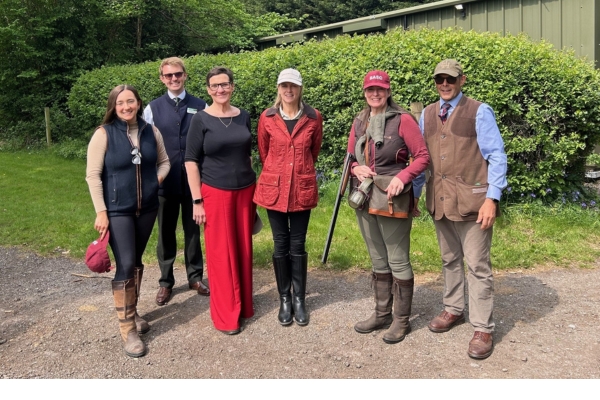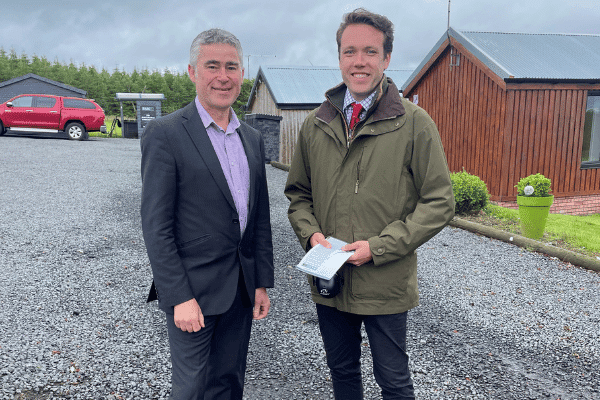
Cross-party support on show at BASC Women in Shooting event
MPs and peers from across the political spectrum attended the Ladies Cup, hosted by BASC and Wilde & Glorious.
Get information on the legal shooting season for mammals and birds in the UK.
Apply for funding for your project or make a donation today
Comprehensive information and advice from our specialist firearms team.
Everything you need to know about shotgun, rifle and airgun ammunition.
Find our up-to-date information, advice and links to government resources.
Everything you need to know on firearms law and licensing.
All the latest news and advice on general licences and how they affect you.

BASC has welcomed constructive discussions at the Scottish Wildfire Summit held yesterday, and jointly chaired by the Minister for Agriculture and Connectivity, Jim Fairlie, and Siobhan Brown, Minister for Victims and Community Safety.
BASC Scotland director Peter Clark attended the summit which was held in Grantown-on-Spey and focused on collaborative approaches to wildfire prevention and land management. The Scottish Government reaffirmed its commitment to working with land managers, gamekeepers and organisations such as BASC to help prevent future wildfires across Scotland.
Mr Clark said: “Today’s summit was a valuable opportunity to share expertise and reinforce the key role that well-managed muirburn plays in reducing wildfire risk. We welcome the Government’s pledge to work constructively with land managers and practitioners. However, the current legislation still makes the proposed licensing scheme impractical and unworkable, and we continue to call for the removal of the sections of the act which prioritise other vegetation control over muirburn.”
BASC has lobbied extensively on behalf of members on this issue for many months. The association continues to call for legislation that is practical, evidence-based and workable, striking a fair balance between biodiversity, wildfire prevention and sustainable land management.
“Muirburn should never be seen as a last resort for vegetation control,” Mr Clark added. “It is an essential management tool when used responsibly and underpinned by strong science and good practice. Ultimately muirburn reduces the fuel load which reduces the risk of wildfire.”
The Scottish Government recently confirmed that the introduction of the muirburn licensing scheme will be delayed until autumn 2026. The scheme was originally due to commence this September, then postponed to January 2026.
BASC and other rural stakeholders had raised concerns about the system’s readiness and its potential to create significant challenges for land managers and practitioners. Read more here.

MPs and peers from across the political spectrum attended the Ladies Cup, hosted by BASC and Wilde & Glorious.

MP Alan Brown and MSP Sharon Dowey were trialling ammunition as part of the five-year voluntary transition towards a sustainable future for live quarry shooting.

BASC Scotland is urging members to apply for a grouse moor licence as soon as a dedicated portal opens later this month.